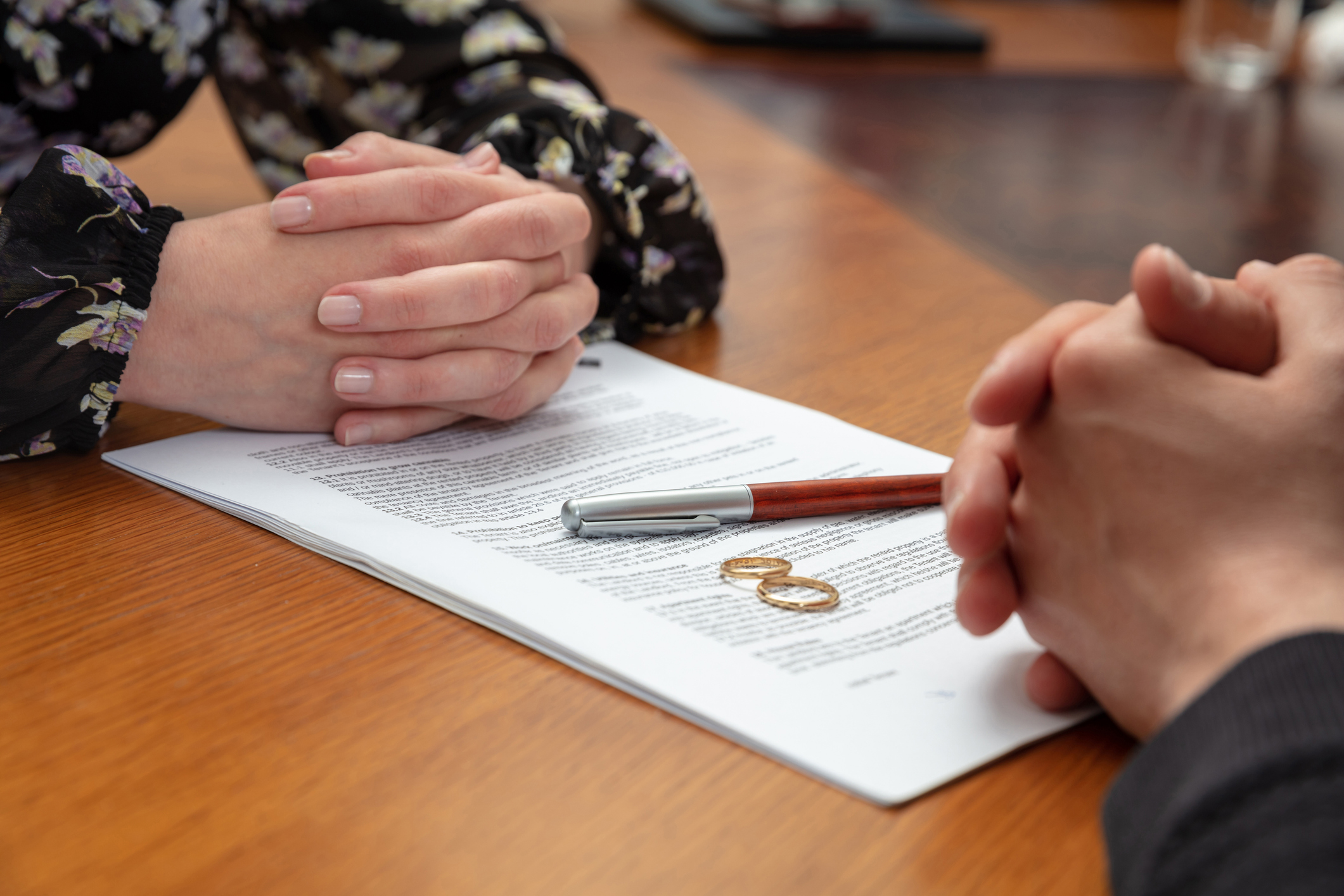Finances Following Divorce and Separation
Welcome to the Stephens Scown Info Hub for Finances Following Divorce and Separation – home to our latest legal news, insights, videos and FAQs.
- Adoption
- Alternatives to Court
- Arrangements for Children
- Brand Protection
- Brexit
- Business Disputes
- Business Law
- Buying and Selling Your Home
- COVID-19
- Charities
- Child Abduction
- Children
- Children in Care
- Cohabitation
- Commercial Property
- Community News and Giving Back
- Construction
- Corporate and Commercial
- Data Protection
- Disputes with Businesses
- Divorce and Separation
- Domestic Abuse
- Employee Ownership
- Employment and HR
- Energy
- Family
- Finances Following Divorce and Separation
- Finances for Children
- Food and Drink
- Healthcare
- High Net Worth
- Holiday and Residential Parks
- Immigration
- InSync
- Inheritance and Trust Disputes
- Insolvency and Bankruptcy
- Intellectual Property
- International Divorce
- Landlord and Tenancy Disputes
- Leisure and Tourism
- Marine
- Mining, Minerals and Waste
- Money
- Personal Disputes
- Planning
- Pre and Post Nuptial Agreements
- Property Disputes
- Public Sector
- Real Estate
- Recruitment and Careers
- Regulatory Compliance and Enforcement
- Residential Property
- Rural
- Social Housing
- Stephens Scown News
- Technology
- Unmarried Couples
- Wealth Protection and Planning for Later Life
- Wills and Inheritance Planning
Finances Following Divorce and Separation Latest Articles
View AllFinances Following Divorce and Separation Video Lounge
View AllFinances Following Divorce and Separation Top FAQs
Personal
View all personal FAQs-
Not necessarily. This will depend on your circumstances. A number of factors will need to be taken into account in deciding whether the house needs to be sold such as its value, any borrowings, whether you have children and yours and your spouse’s housing needs.
For more information and insights on Family Law please visit our Family Law info hub. -
Yes, the value of a business will be relevant – this is a complicated issue and specialist legal and accountancy advice is required. The divorce courts rarely if ever order the sale of a business unless that is agreed. They and their lawyers try to assist the couple to arrive at a clean break and to separate their situations including business interests. To do that fairly the court needs to understand the value of the business and usually if this is not agreed there will be an independent report by a jointly appointed specialist accountant to assist on the value. This is then factored into the overall position of the couple and often the business owner will “buy out” the interest of their spouse to achieve a clean break. The other relevant consideration is if the business is inherited in which different considerations will apply – see this FAQ.
-
Both the capital value of any business that a spouse has an interest in, and the income it generates will be taken into account on divorce. How the business is treated on divorce will depend on the other assets in the case and how dependent the couple are on the income from the business to meet their outgoings. Businesses are dealt with in different ways depending on the circumstances of the case.
-
After separation, if the mortgage is in joint names, both parties will both remain jointly and severally liable for the mortgage amount. It is possible to agree that one party pay the mortgage until a settlement is reached however. On settlement, the mortgage can remain joint, transferred to one party or discharged on a sale or re-mortgage.
-
The parties’ pensions will be considered in financial proceedings. Each party is required to give financial disclosure, including their pension values. It is possible to argue that a pension or some of a pension should not be taken into account and shared for various reasons, however the value and type of the pension will need to be disclosed. Whether the pension is shared will depend on the circumstances of your case.
-
Usually the financially stronger partner will pay the majority if not all of the school fees IF this can be afforded. Sometimes decisions have to be made as to whether or not to continue private schooling after a divorce. The divorce courts have the ability to make orders if there is a dispute and specialist legal advice should be taken as this is not a matter dealt with by the Child Maintenance Service.










